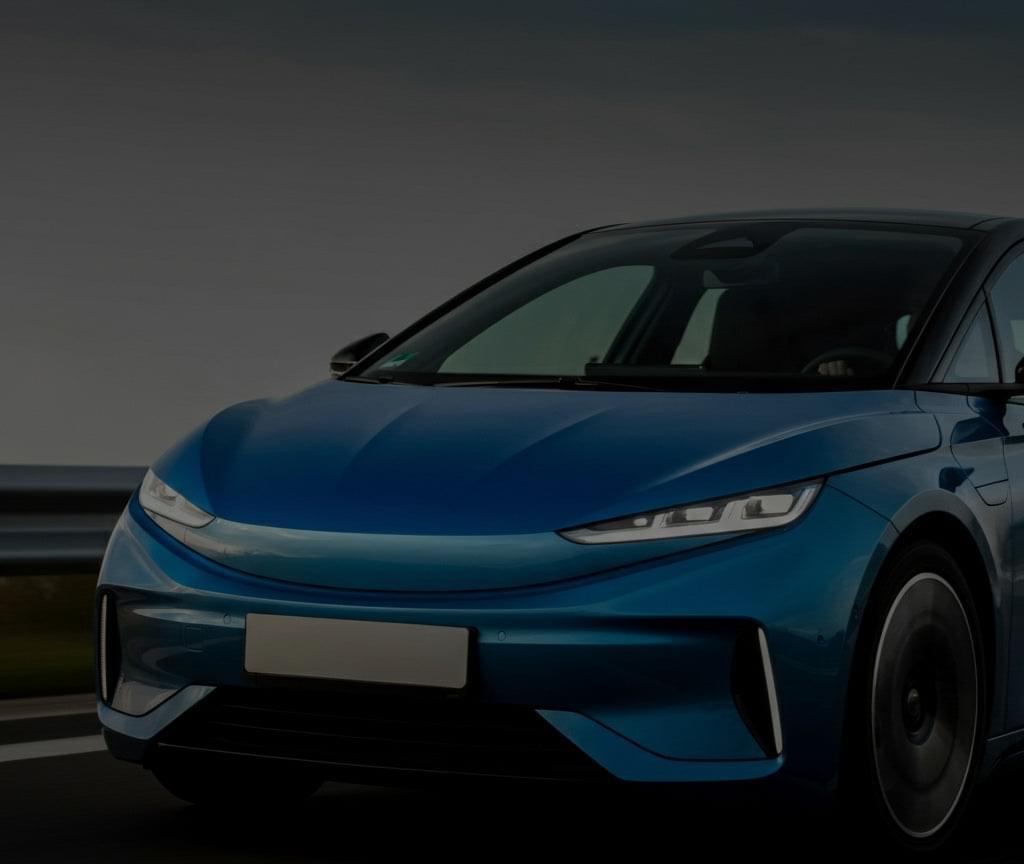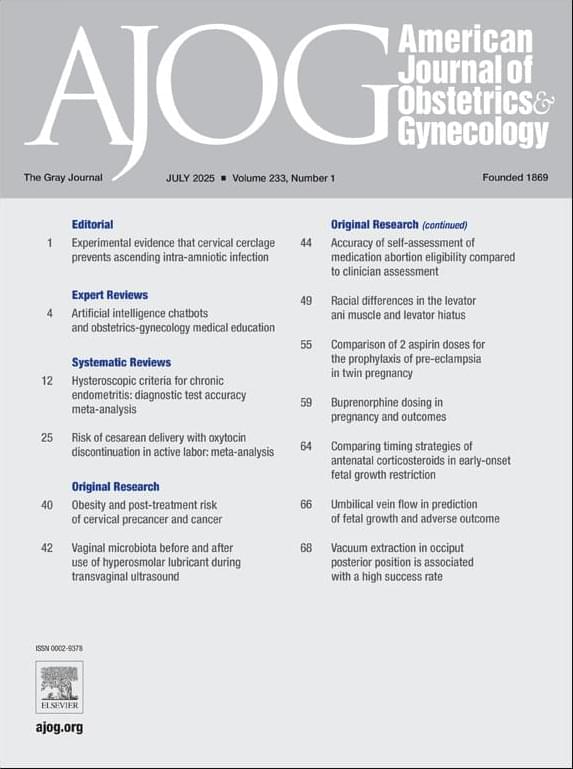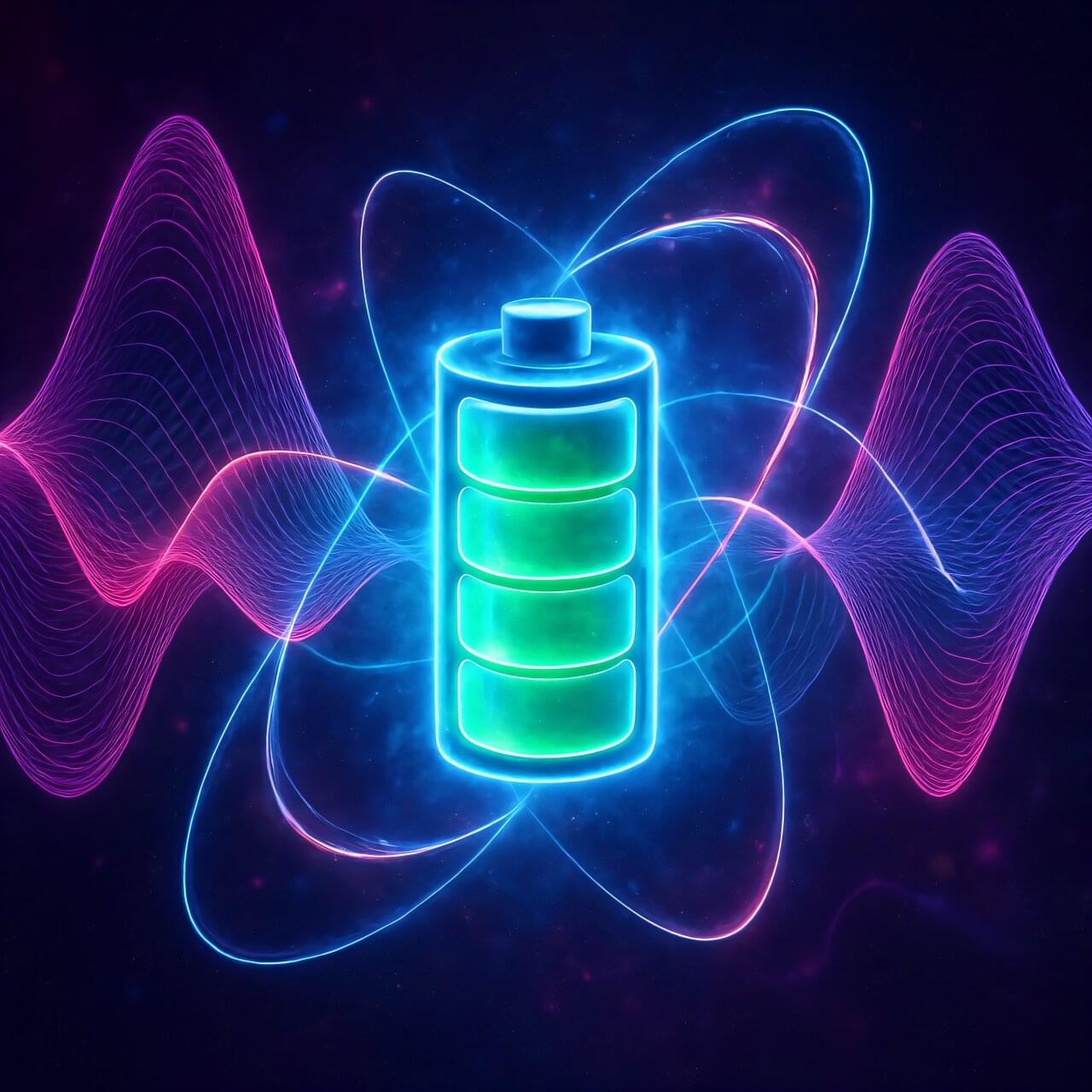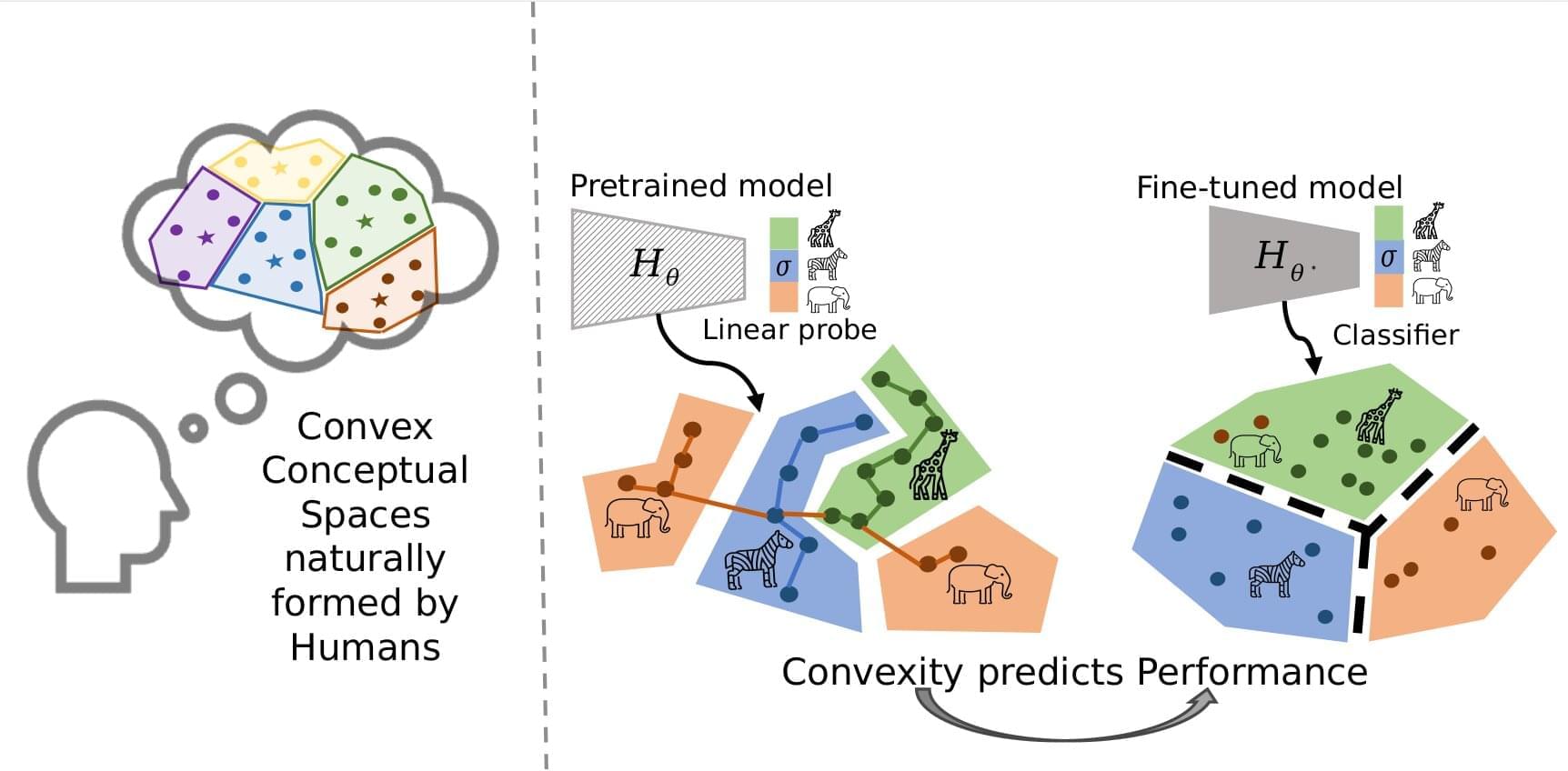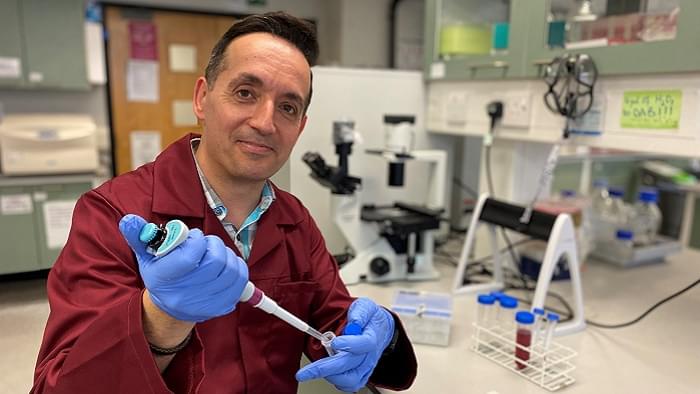AI startups are increasingly encroaching on the territory of tech giants. Currently, Perplexity has launched its own AI browser Comet, and OpenAI is about to release its analog.
Developers who were creating chatbots yesterday are now building full-fledged browsers and openly challenging Google Chrome. This is happening against the backdrop of a rapid increase in the number of search queries via AI assistants — and at the same time drop in traffic to Google. The tech giant itself understands the situation: in recent months Chrome is actively acquiring AI features and the search engine is testing a new AI mode.
Comet is already available for subscribers Perplexity Max ($200/month) and a limited group of users on a waiting list. The browser has a built-in Perplexity AI search engine by default, which generates summaries instead of traditional links. In addition, Comet has a built-in Comet Assistant — an AI agent that automates routine tasks: reads mail, summarizes the calendar, manages tabs, and performs actions for the user on pages. You can call it at any time right on the website — it sees the content and reacts to it.

